News in Brief
-
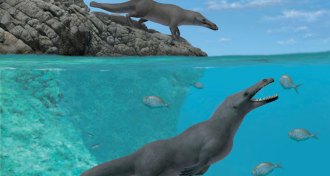 Paleontology
PaleontologyPeruvian fossils yield a four-legged otterlike whale with hooves
A newly discovered species of ancient whale unearthed in Peru split time between land and sea.
-
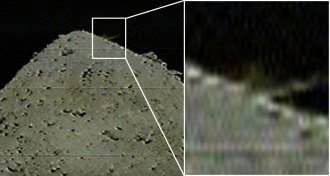 Planetary Science
Planetary ScienceHayabusa2 has blasted the surface of asteroid Ryugu to make a crater
Japan’s Hayabusa2 spacecraft shot a projectile at Ryugu. Next: collecting asteroid dust from the probable impact crater left behind.
-
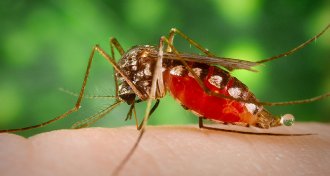 Health & Medicine
Health & MedicineTesting mosquito pee could help track the spread of diseases
A new way to monitor the viruses that wild mosquitoes are spreading passes its first outdoor test.
By Susan Milius -
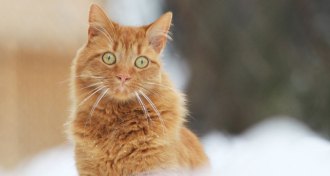 Animals
AnimalsCats recognize their own names
A new study suggests that cats can tell their names apart from other spoken words.
-
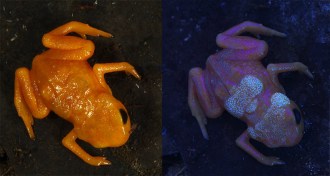 Animals
AnimalsTiny pumpkin toadlets have glowing bony plates on their backs
Pumpkin toadlets are the first frogs found to have fluorescent bony plates that are visible through their skin under ultraviolet light.
By Jeremy Rehm -
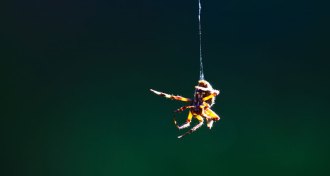 Materials Science
Materials ScienceBacteria can be coaxed into making the toughest kind of spider silk
Lab-altered bacteria have made a copy of a spider’s strongest silk strands, which could one day be used to make more sturdy materials.
By Jeremy Rehm -
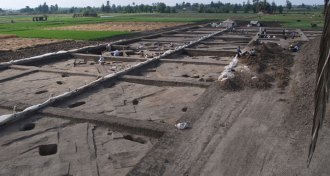 Anthropology
AnthropologyForeigners may have conquered ancient Egypt without invading it
Dental evidence suggests female Hyksos immigrants married into power.
By Bruce Bower -
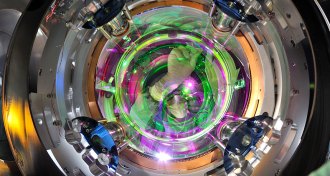 Physics
PhysicsThe LIGO and Virgo gravitational wave detectors are back on
Souped-up instruments could spot never-before-seen sources of gravitational waves.
-
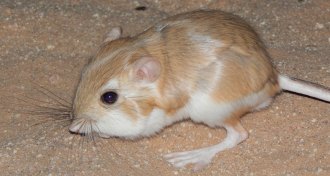 Animals
AnimalsWatch a desert kangaroo rat drop-kick a rattlesnake
Desert kangaroo rats have a wide arsenal for dodging rattlesnake ambushes. But the most dramatic might be their powerful midair kick.
By Mike Denison -
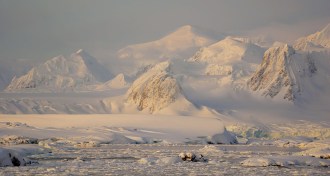 Climate
ClimateOne Antarctic ice shelf gets half its annual snowfall in just 10 days
Antarctica’s coasts get most of their snow from just a few big storms each year.
-
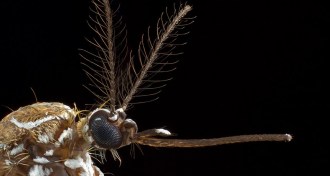 Animals
AnimalsGeneticists close in on how mosquitoes sniff out human sweat
A long-sought protein proves vital for mosquitoes’ ability to detect lactic acid, a great clue for finding a human.
By Susan Milius -
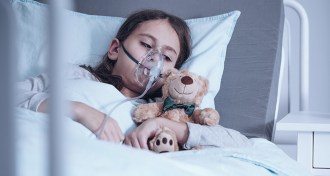 Health & Medicine
Health & MedicineTreating cystic fibrosis patients before birth could safeguard organs
Starting a cystic fibrosis drug sooner than usual may protect an afflicted child’s lungs, pancreases and reproductive tissue, a study in ferrets hints.